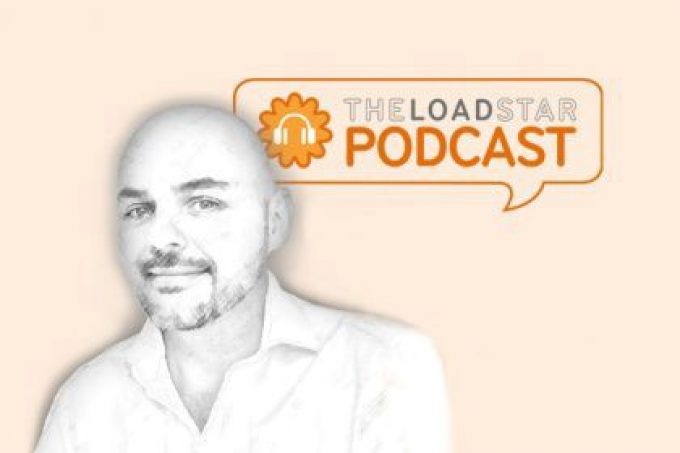News Podcast | Apr 2024 | Baltimore blame game, shadow boxing on transpac and HK’s maritime decline
This episode looks at the supply chain and insurance fallout following the tragic Dali incident in Baltimore ...

Russia’s invasion of Ukraine is causing significant supply chain issues as carriers, ports and forwarders cancel services due to the fear of carrying or handling sanctioned cargo or incurring reputational damage.
The Black Sea, meanwhile, has been classified as a high-risk war zone by the Joint War Committee, a move that has hit imports and exports. Europe’s open skies have also been dramatically closed, with all sorts of implications for airlines.
In part 1 of this episode, we explore what war in Europe and sanctions regimes mean on a practical level, if you’re in the business of logistics and freight. We ask what’s next for air cargo and shipping operations and freight rates? And what does this invasion mean for rail services from Asia to Europe?
We also hear how logistics companies are helping the humanitarian effort and what we can all do to help. And we hear the traumatic story of one seafarer who was on the wrong end of Russian missiles in the Black Sea.
In part 2, we look longer-term: is this the end of the post-World War ll rules-based order on which global trade and globalisation itself were built? And, if so, what does this mean for the supply chain landscape on which you all plan and compete?
Guests
Adrian Batayen, seafarer on the Namura Queen, a vessel attacked by the Russian navy off Ukraine in the Black Sea
Michael Every, global strategist at Rabobank
Ami Daniel, CEO of Windward
Chris Weeks, VP, humanitarian affairs, Deutsche Post DHL
Alex Lennane, publisher, The Loadstar
Nick Savvides, news editor, The Loadstar
Episode in more detail
Part 1
Missiles and escape from the Black Sea (2.43)
Air space closures – impact on air cargo capacity and rates (8.32)
Rail to ocean? (13.20)
Sanctions explained (14.50)
Russia and reputational risk as carriers pull services (17.50)
How companies and governments are defining ‘Russian interests and scaling-up due diligence (22.00)
The humanitarian efforts of the logistics industry and how to help (26.59 – 35.27)
Part 2 – The post-invasion geopolitical and logistics landscape
Exclusive interview with Michael Every, global strategist at Rabobank
The changing world order and history in fast-forward (36.00)
Sanctions and the weaponisation of western institutions (38.40)
The new trading environment and why it’s a zero-sum game (42.40)
What this new cold war and the politicisation of supply chains mean for logistics professionals (45.21)
The end of Belt and Road? (48.50)
How to succeed in this new environment (51.32)
Clips
Clip 1 – The Loadstar‘s Alex Lennane explains how air space closures have impacted carrier services and payloads.
Clip 2 – The Loadstar‘s Alex Lennane looks at what happened to air freight rates in the weeks after the invasion of Ukraine.
Clip 3 – Ami Daniel, CEO of Windward, discusses why there is confusion over the definition of ‘Russian’ in regard to sanctions.
Clip 4 – Chris Weeks, VP, humanitarian affairs, Deutsche Post DHL, provides advice on how best to help Ukraine with humanitarian aid.
Clip 5 – Michael Every, global strategist at Rabobank, explains why war in Europe means governments want to take back control of supply chains.
Sign-up HERE to receive each episode of The Loadstar Podcast straight into your inbox for FREE
Air freight rates data provided by TAC Index – helping clients make the best air freight decisions
Sea freight rates data provided by Xeneta – the shipping industry’s most accurate source of container rates
Comment on this article